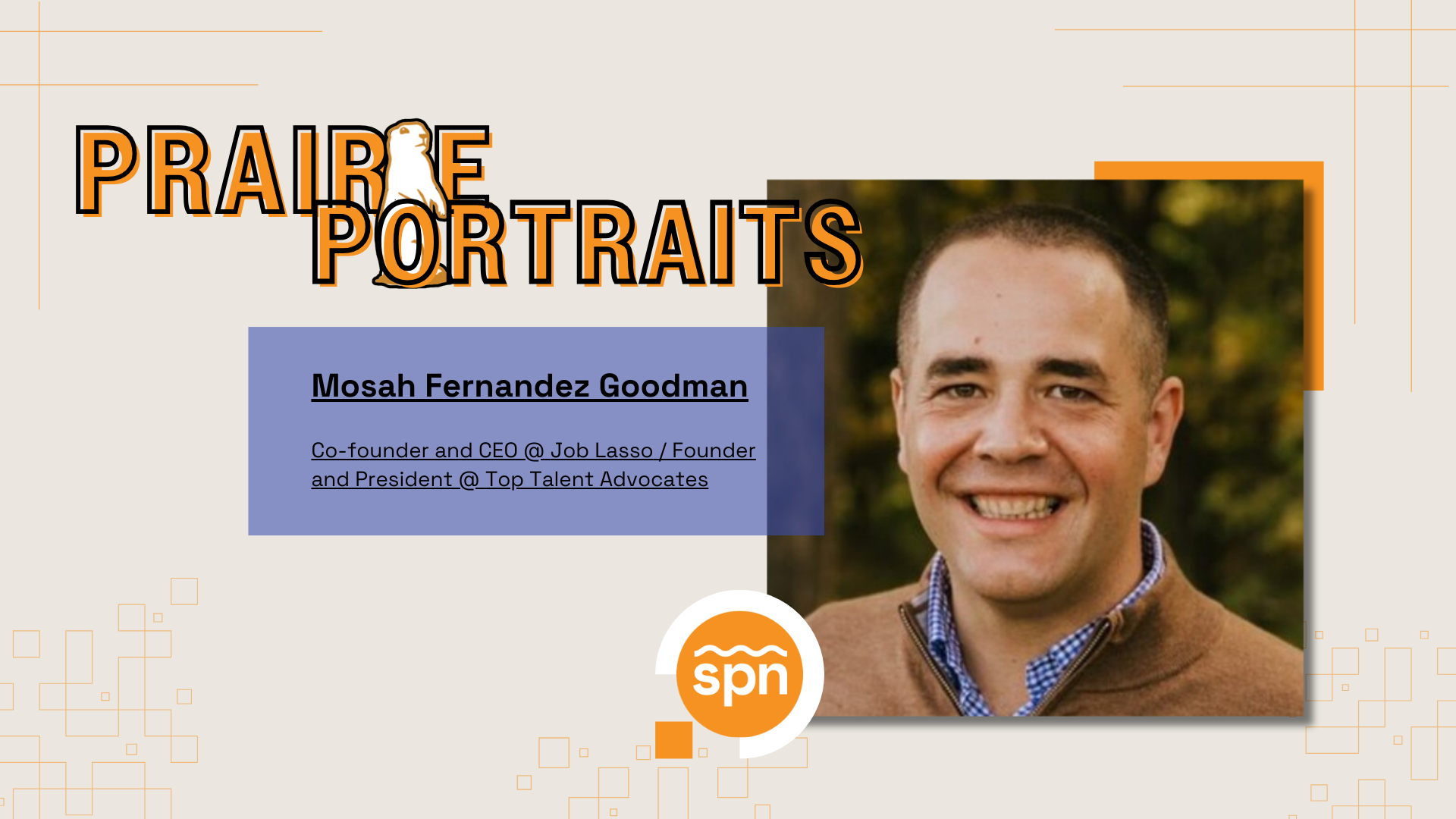With more nearly 1,500 ordered, the GCW-Zero manufacturing costs have dropped below $100 per unit.
 The purchase of a retro handheld game console in 2009, triggered a series of events that led Justin Barwick of Kansas City, Mo. to dream up his own console, pull together a team of collaborators and launch a Kickstarter campaign earlier this month. As of today, the last day of the crowdfunding campaign, Barwick (left) and his team have raised more than $215,000 – nearly 1,500 backers have contributed at least $135 to pre-order the device.
The purchase of a retro handheld game console in 2009, triggered a series of events that led Justin Barwick of Kansas City, Mo. to dream up his own console, pull together a team of collaborators and launch a Kickstarter campaign earlier this month. As of today, the last day of the crowdfunding campaign, Barwick (left) and his team have raised more than $215,000 – nearly 1,500 backers have contributed at least $135 to pre-order the device.
Barwick’s device, the GCW-Zero (GCW is short for his company, Game Consoles Worldwide), features a look similar to other handheld retro game consoles, but with an aim to quickly fill it with classic games, it runs on open source software.
“Too many devices today are walled gardens, designed solely for consumption,” Barwick’s Kickstarter campaign states. “Not ours! The GCW Zero gives you full control of your handheld.”
Zero, whose Kickstarter video feature ’90s games like Duke Nukem and Descent, runs Linux. Consoles by JXD and Yinlips, which Barwick pointed to as Zero’s competition, run Android.
Beyond the software choice, Barwick said he created Zero with a focus on quality.
“Most (devices) are just cranked out and within three weeks to nine months you’re going to have to buy another one or send it in for warranty repair,” Barwick said in a phone interview Friday.
The need for service or repair is a familiar story for Barwick, who for nearly two years ran a website selling retro game consoles. He said he ultimatley shut the website down after becoming frustrated with manufacturers who didn’t address his customer’s service requests.
“I would reach out to the manufacturer and they would turn around and say, ‘OK, yeah, we’ll do that in our next model.’ ” Barwick said. “And it never happened. They just cranked out one sub-par console after another.”
Barwick, who balances his endevours in the game console world with his full-time job in IT, set out to make his own device in 2010. But he never got it past initial design concepts.
In Dec. 2011, he decided to give it another try and, as he said, “build what the community really wants.”
He established a company, put down his own money to start development and after a prototype in March, he assembled a team of more than a dozen contributors split between the U.S. and overseas. (Barwick is the only Kansas City-based team member.)
In June, he invited the online community of retro handheld game console enthusiasts to pre-order the device. Less than three months later, he had 150 orders.
On Jan. 8, he launched the Kickstarter campaign with a goal to raise $130,000 – an amount he said would allow him to “do a good production run.” He expects to ship the first Zero by March.
Barwick said he hopes the Zero will help bring “open source to the forefront,” and that it will give game developers “the ability to launch a whole bunch of indie titles that would have never seen the light of day otherwise.”
As for the story of how Barwick got hooked on retro handheld game consoles – and saw the opportunity in them – it’s thanks to him purchasing such a device, the Dingoo Digital A320, in Nov. 2009.
“I bought one, played with it for about 2-3 weeks,” Barwick said. “Friend comes over, he starts playing with it. Later that night, I go looking for it. I call him up. ‘Oh yeah, I’ve got it. I forgot to tell you, I took it with me.’ I said, ‘Keep it, it wasn’t that expensive, I’ll buy another one.’ This happened seven times.”
Six months later, Barwick launched a site selling the console, which he later shut down to focus on making and selling his own device, the GCW-Zero.
Here’s the GCW-Zero Kickstarter video:
Credits: Photos courtesy of Game Consoles Worldwide. Video from GCW-Zero on Kickstarter.




